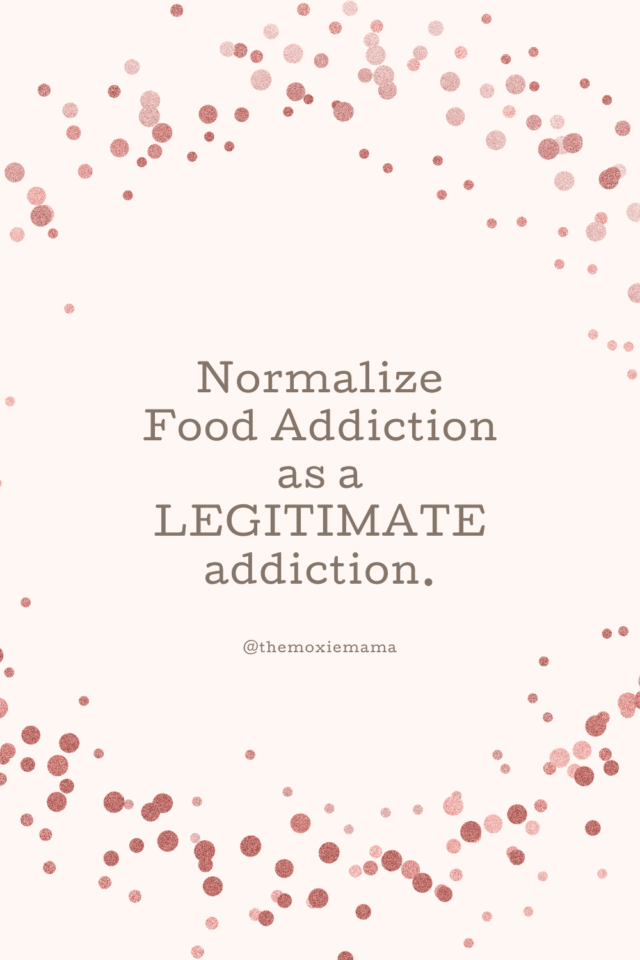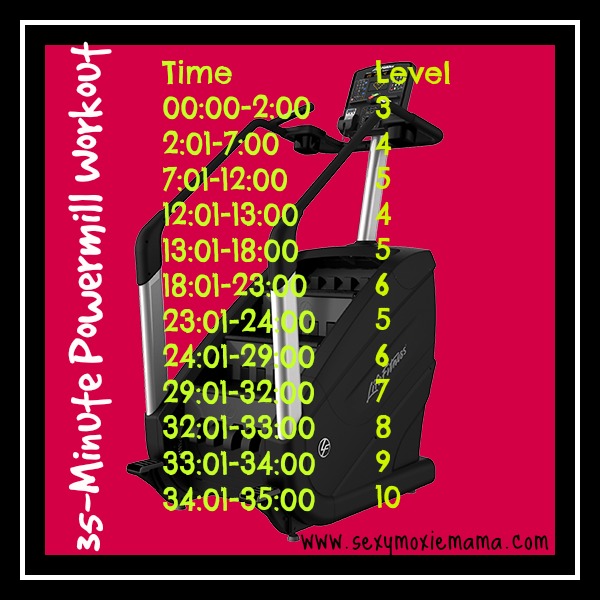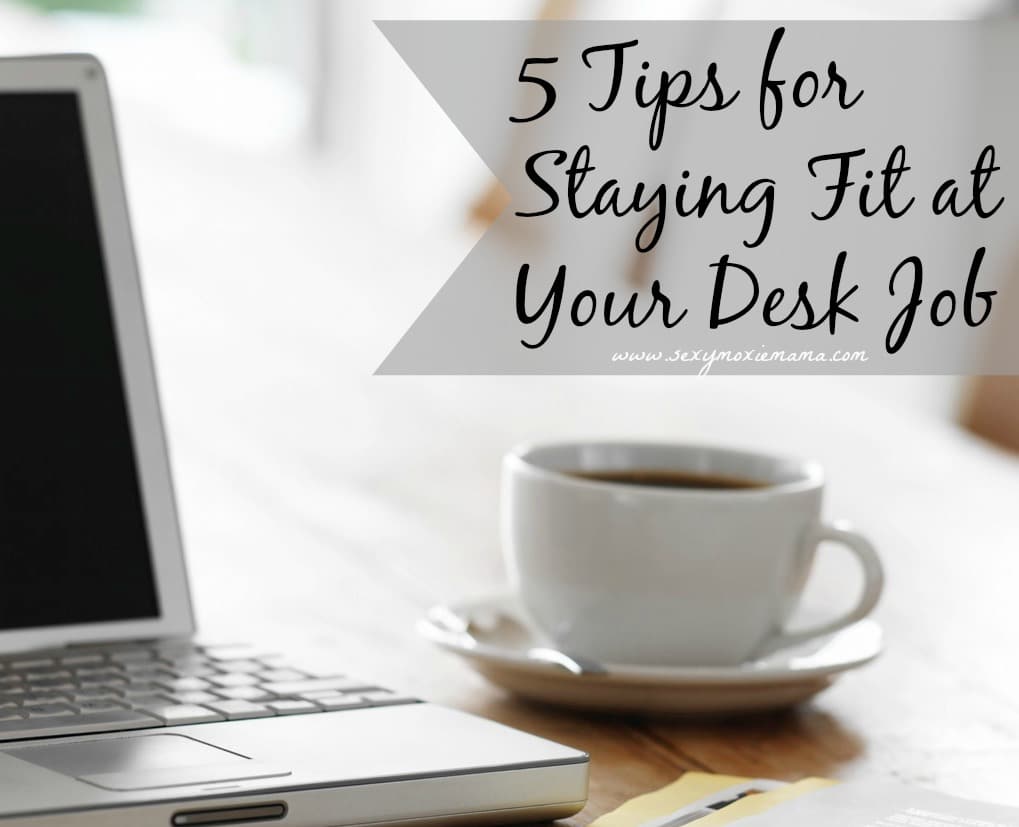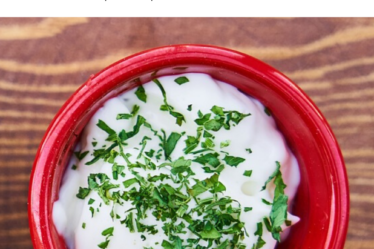We all need food to survive. Food is one of the basic essentials of all humans. It is also the first
in our list of basic needs – food, shelter, and clothing. We must regularly nourish our bodies to keep them healthy and functioning properly.
But sometimes, the necessity for nourishment becomes a problem. For some people, food becomes an addiction. Those suffering from a food addiction often crave foods that are highly palatable–which are usually rich in fat, sugar, or salt. These often trigger chemical reactions throughout the body and brain similar to those of people with chemical addictions.
Consequences of Food Addiction
Food addiction can cause many negative physical, mental, and social consequences. Physical effects of food addiction include heart disease, diabetes, obesity, chronic fatigue, and more. Mental effects of food addiction can range from low self-esteem and hopelessness to depression and anxiety to irritability (especially when food is restricted) and more. Food addiction can also impact on your social life by decreasing work or school performance, family and friends isolation, decreased enjoyment in activities and social events once enjoyed.

Food Addiction is Legitimate
Food addiction is a REAL concern for many people.
It’s time to cut the crap and start recognizing this disorder for what it is–an addiction not unlike alcohol or substance abuse disorders. The substance abuse community, the eating disorder community, and the medical community, MUST come together and find viable solutions for this highly destructive addiction.
Food addiction is a REAL addiction with real consequences. It is a complicated condition where individuals experience a psychological, emotional, and physiological dependence on food. It is not a choice. It is a chronic and progressive disease and doesn’t go away with “diets” or “more willpower” or “more activity.” It goes away when the medical community recognizes and treats it as a TRUE addiction.
My (Abbreviated) Story
I wasn’t a chubby kid, but I always felt bigger than the other kids. To say I enjoyed food is an understatement. Food was a big part of my family. If we were happy, we celebrated with food. If we were sad, we were comforted with food. If we were bored, we entertained with food. Food was just a part of life. It soon became a problem.
I have been on many diets throughout my life. It feels like I have never NOT been on a diet in my entire adulthood. I had to diet to drop weight to join the Air Force at 21, after I had my daughter at 22 to make rank in the Air Force, for my wedding, after the birth of my other children. There never seems to be a time when I was not “watching what I ate.”
It wasn’t until recently, when I was on another “Day 1” of the ketogenic diet after not being able to stick to it, that I finally sat myself down and took a look at my relationship with food.
Why was it that I was always on a diet but never able to keep it off? What caused me to gain weight to the point that I was always starting a diet at or around the same weight every single time?
It took me a while to come to the realization that I had an issue with food. I admitted that this has been a lifelong struggle and was determined to find help to overcome this.
The problem is, no one believed me. Food addiction is not recognized as a legitimate addiction or disorder. It’s looked at as a “lack of control” issue.
Some of the things I’ve heard while I have been in recovery from this debilitating disease is: “you just need to eat less,” “exercise more,” “maybe your hormones are messed up,” “you’re just depressed that’s why you can’t lose weight,” “you’re just not giving it enough effort/time/patience,” “only a bariatric surgeon can help you now.”
It was so fucking maddening. At the time, all these were said to me by my physicians despite knowing that I was trying everything…I even walked a full marathon and cycled 35 miles in this timeframe! I was dieting (keto), I was exercising (walking and cycling), I was logging everything (food app), but nothing was working for me. I even tinkered with extended fasting and diet pills to help me “jump start” my recovery.
And yet every morning, I got on the scale, and every morning I felt like a “loser” because I wasn’t losing (or wasn’t losing fast enough). I stopped teaching yoga online, I stopped health coaching, and I made every excuse not to go back into the workforce. I locked myself away in my home. I was embarrassed by how I looked, and I felt like a fraud in my own life.
Only when I found food addiction resources (podcasts, articles, therapists, coaches) did I finally realize that:
- I was NOT alone. There are many food addicts out there. Some don’t even know they are addicted.
- It wasn’t my failed willpower that was causing me not to succeed and gain weight.
- Food addiction should be treated the same way as drug/alcohol addiction in scope and recovery.
Do you or someone you love suffer from food addiction? You are not alone. There are many resources to help you recover from food addiction, like the Food Junkies Podcast, which aims to educate, increase awareness, and offer hope about food addiction as a disease.


